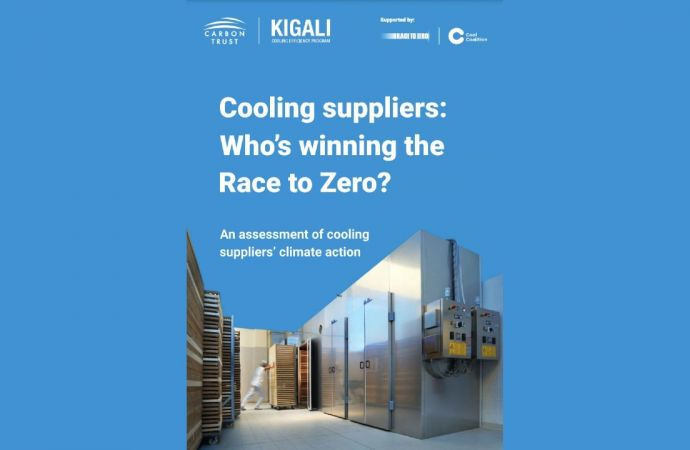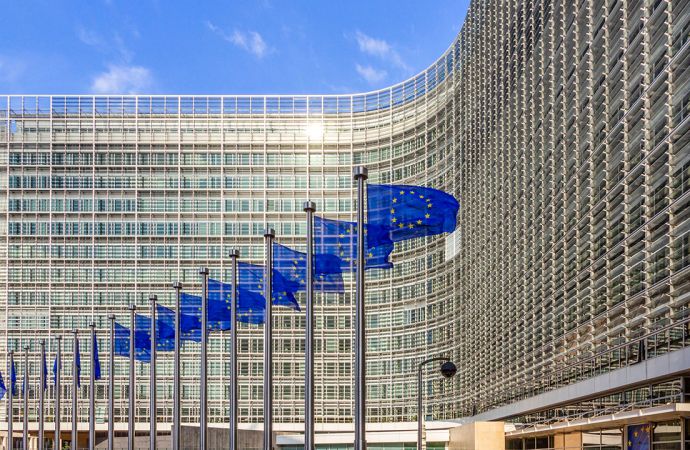This week, the gulf state Oman announced stage two of their plan to radically cut HCFC’s, ozone-depleting substances, by 2020. Official sources linked to the Government have opened the door to a wider use of hydrocarbons as a leading alternative.

Following the Montreal protocol talks last month in Vienna many countries have been re-examining their contribution to releasing potentially harmful gases into the atmosphere.
The Oman Ministry of the Environment and Climate Affairs (MECA) has been working closely with the United Nations Environment Programme and United Nations Industrial Development Organization (UNIDO) to make the phase out of ozone-depleting substances a reality in the small gulf state.
Phasing Out HCFCs
The Ministry last week set out its strategy to implement stage two of their plan to phase out HCFCs.
This year Oman will ban the import of bulk HCFC-141b, which has been contributing to the hole in the Ozone layer due to its ozone-depleting potential (ODP). In December 2017, the import of HCFC-141b-based pre-blended polyols will also be banned.
Key measures, that must be implemented by January 1st 2020, include the use and import of refrigerants in disposable containers, prohibition of venting of refrigerants into the atmosphere during servicing, and the establishment of mandatory refrigerants’ register of those refrigerants that need to be recovered and recycled.
To ensure compliance, Oman has committed itself to reporting quarterly on the recovered, recycled and reused refrigerants and stock of unusable refrigerants by January 1, 2020.
UNIDO applauds Oman’s progress
“The only consumption of HCFC-141b in the country is for flushing refrigeration circuits and in imported pre-blended polyols consumed by foam enterprises. Small amounts of HCFC-123 are imported sporadically for servicing chillers” stated UNIDO.
UNIDO is also proving to 20 nationals and about 1,000 RAC technicians training on proper recovery and disposable of the refrigerant. This will be part of a joint effort, with the Oman Ministry, to set up nine training institutes. The training will involve practical demonstrations on the use of equipment and two workshops on the reclamation supply chain.
Customs officials will also be given classes on how to use refrigerant identifiers to prevent people from illegal importing ODS substances.
An opportunity for Hydrocarbons?
As Oman is abundant in natural gas, its Oman Chamber of Commerce and Industry (OCCI) has looked into adopting the technology to replace their HCFC refrigerants.
Natural gas can be refined into to the hydrocarbon refrigerants R290 (propane) and R600a (iosbutane) that contributed nothing to the atmosphere or to global warming.
Back in June the Gulf Company, Manar al Noor, and refrigeration experts from Australian presented a seminar to stakeholders on the use of “Hydrocarbon Gas Technology”.
Nidhal bin Mansour al Masharafi, director general of the Manar al Noor Company explained that the goal of his company was to deliver this technology to Oman and educate users about its benefits.
Mohsen bin Khamis Al Balushi, an advisor to the Ministry of Commerce and Industry, also said during the talk that hydrocarbon technology is less expensive and has fewer environmental side effects than HFCs.
With the bans on HCFCs and the available supply of natural gas, hydrocarbons emerge as a leading alternative in a wide range of applications in Oman.
Related stories



